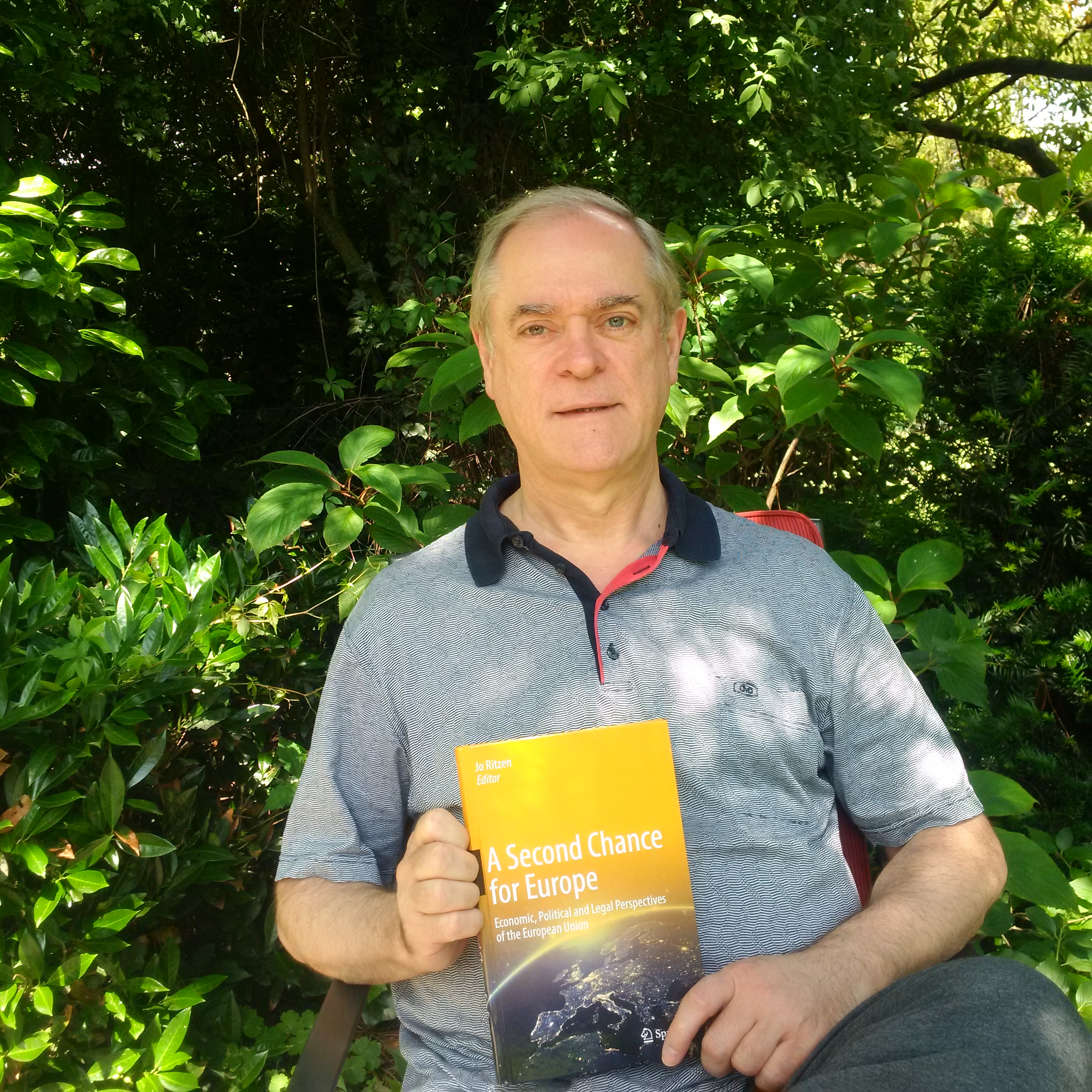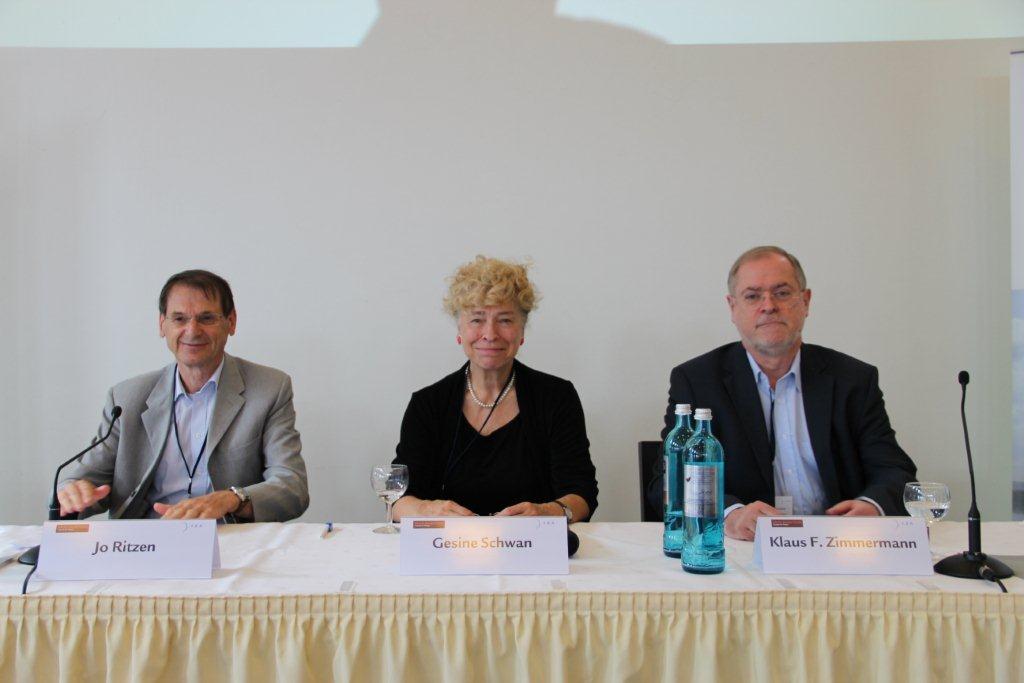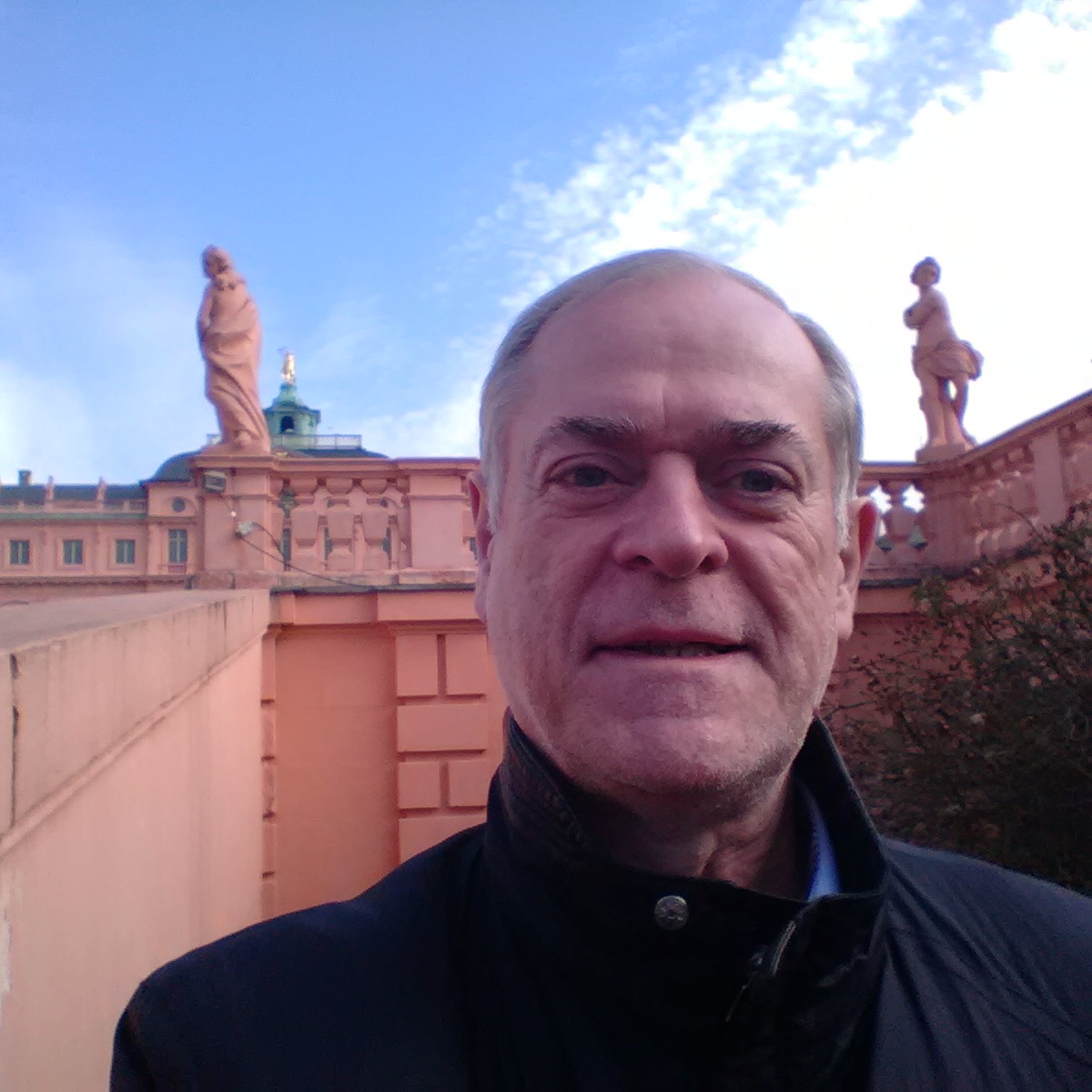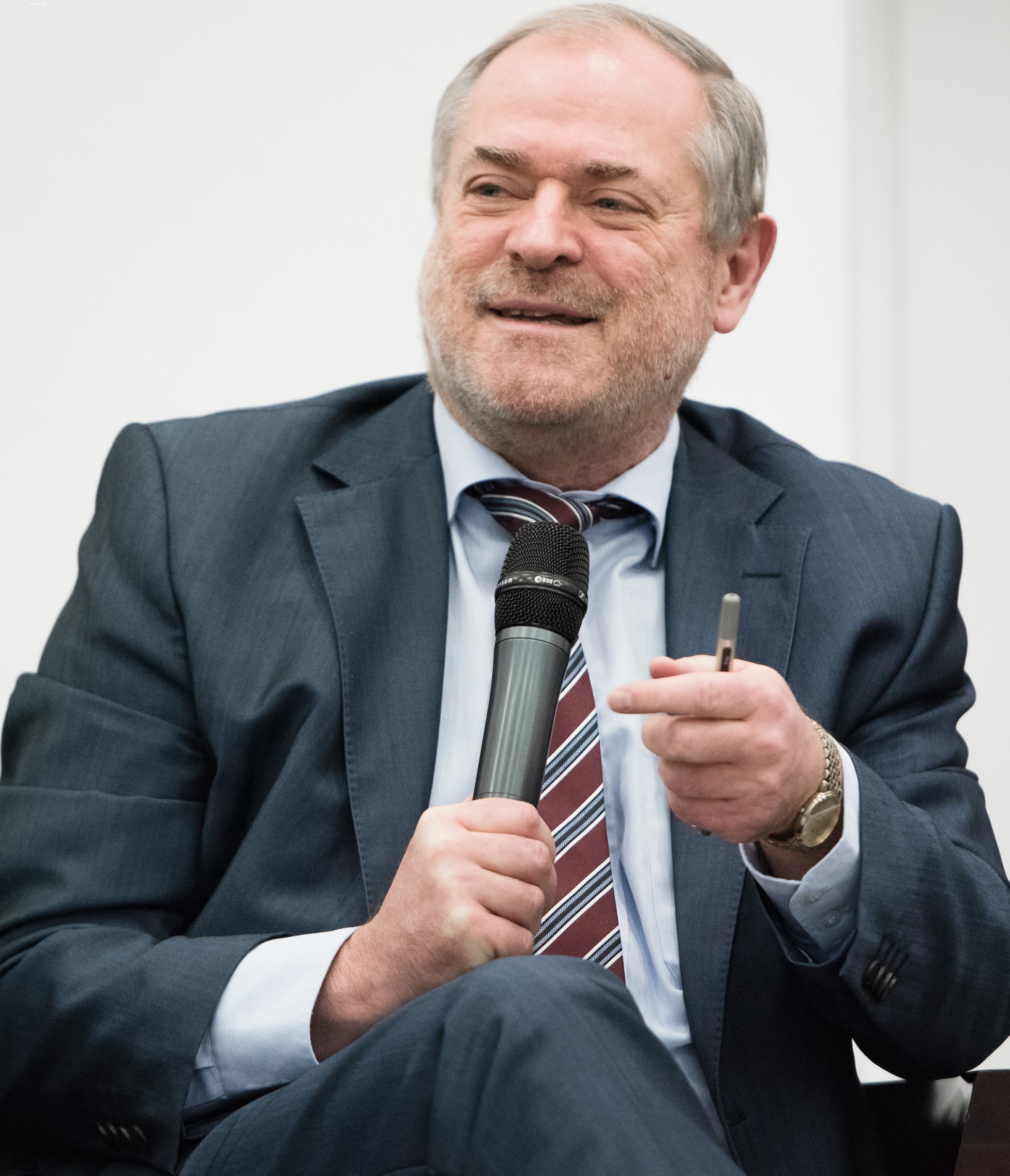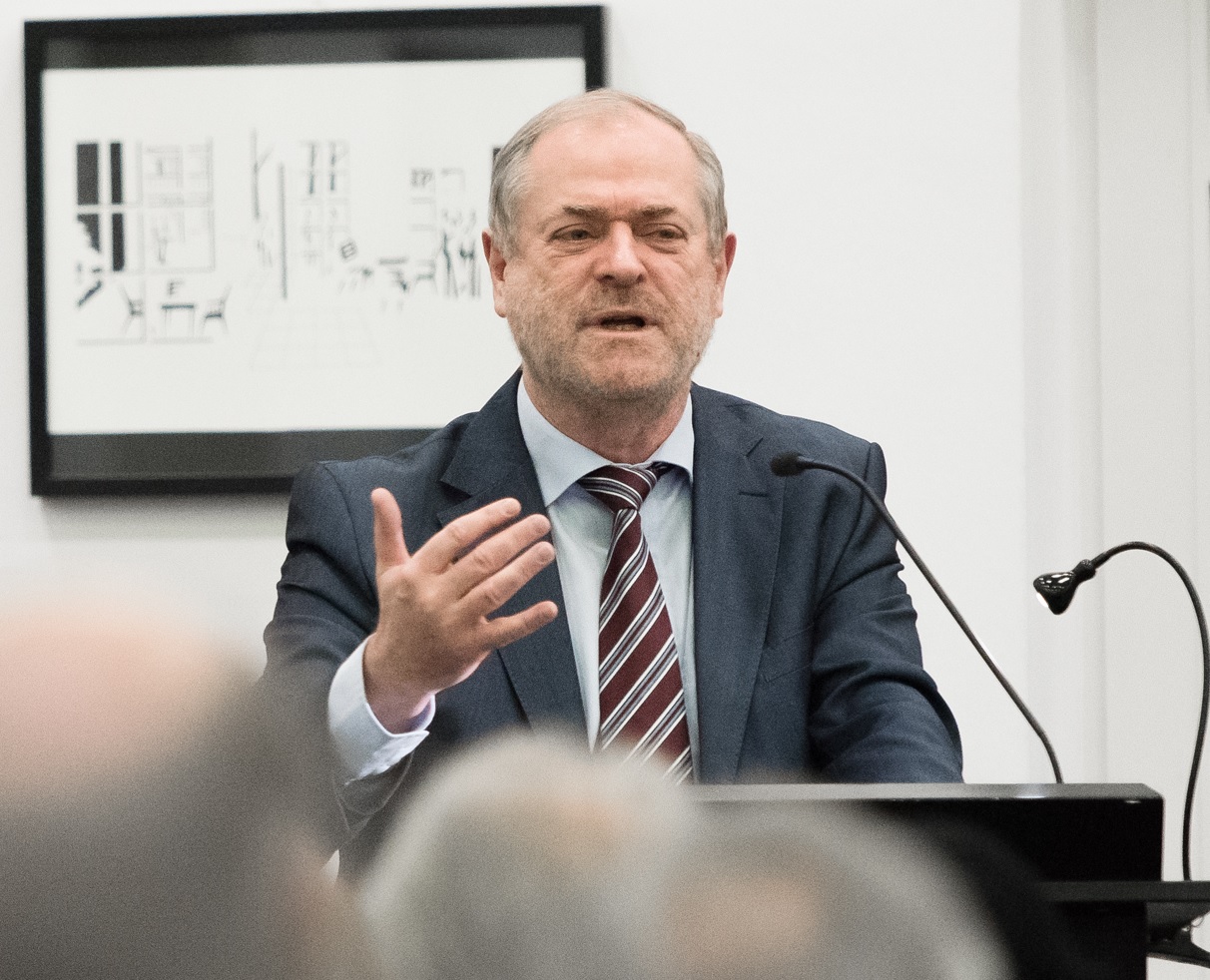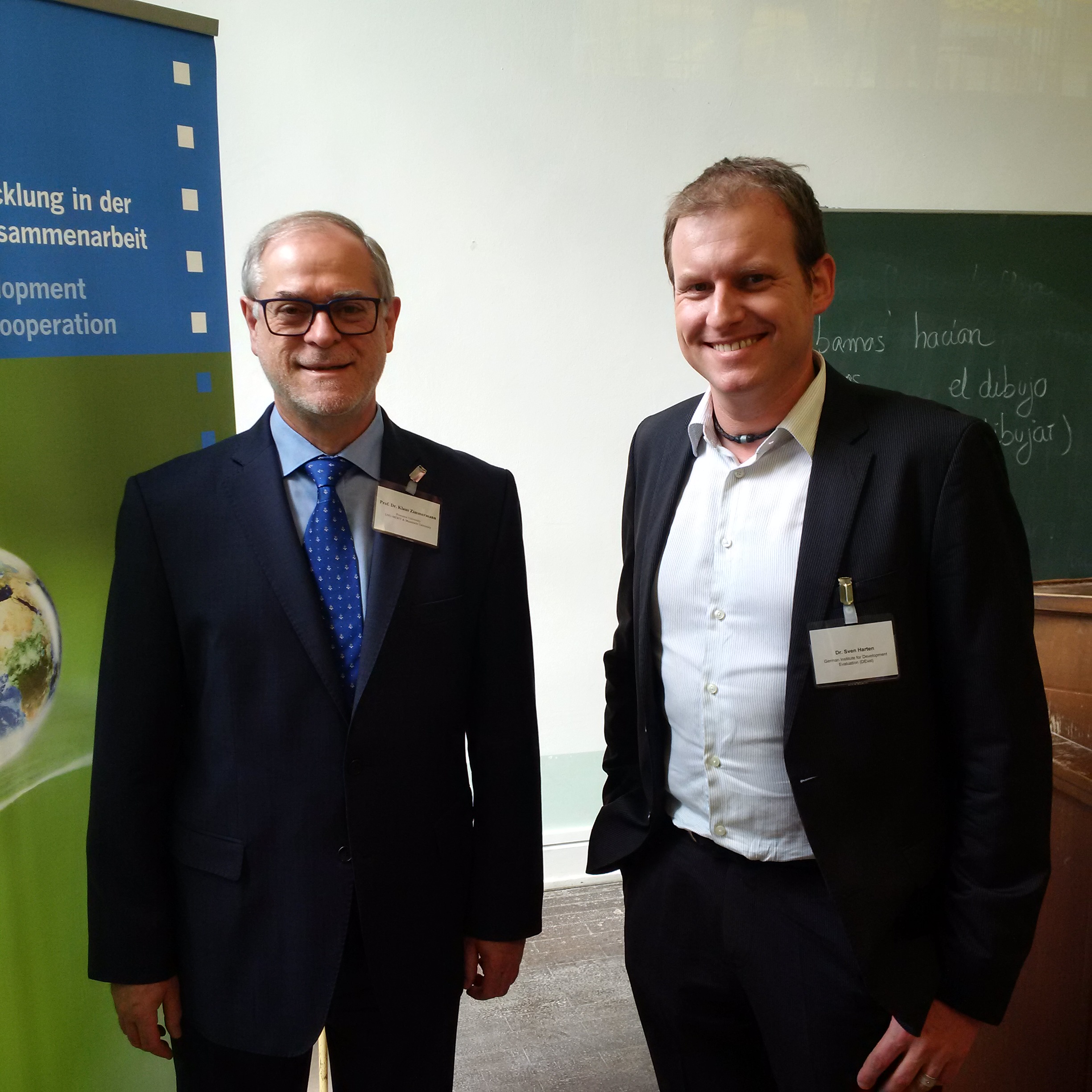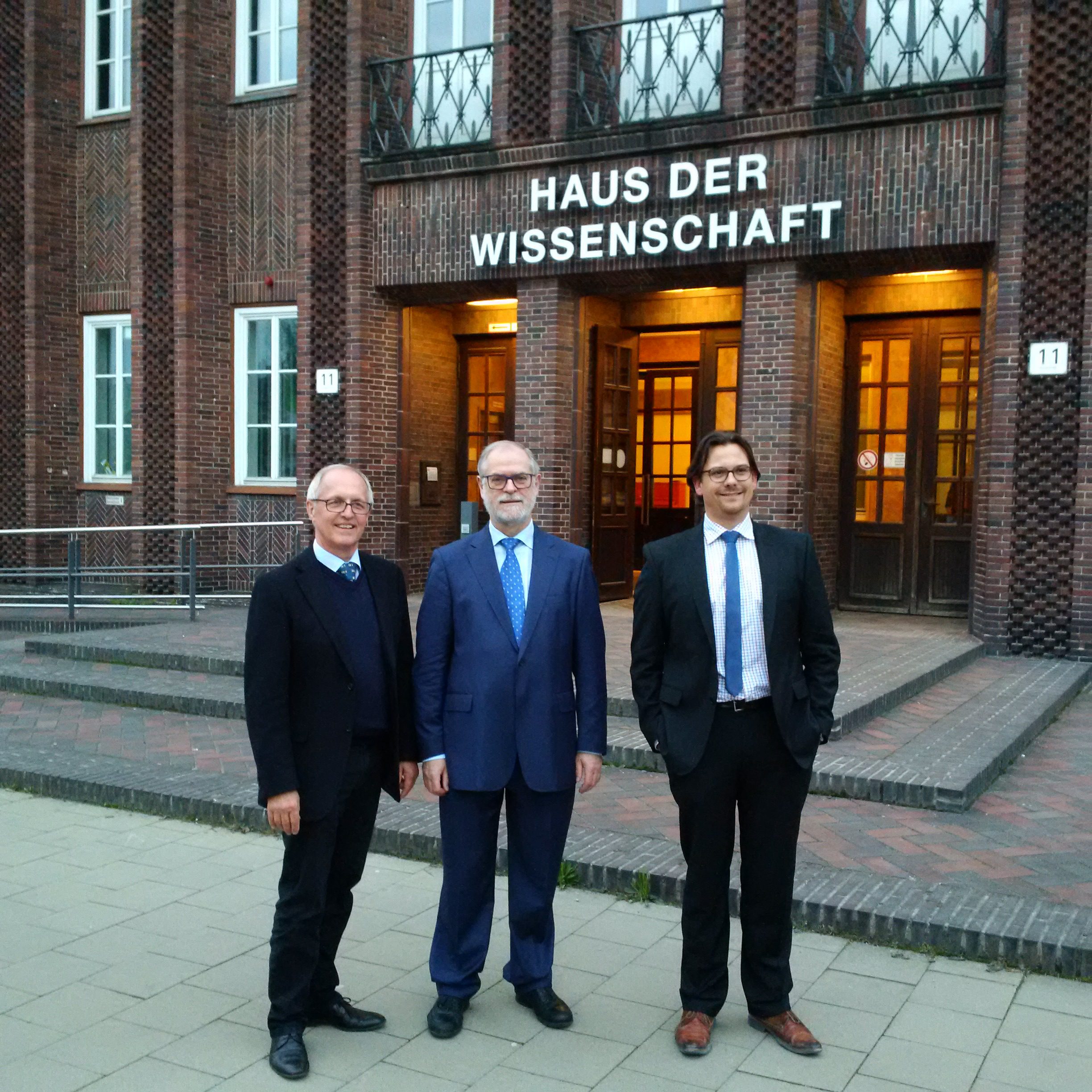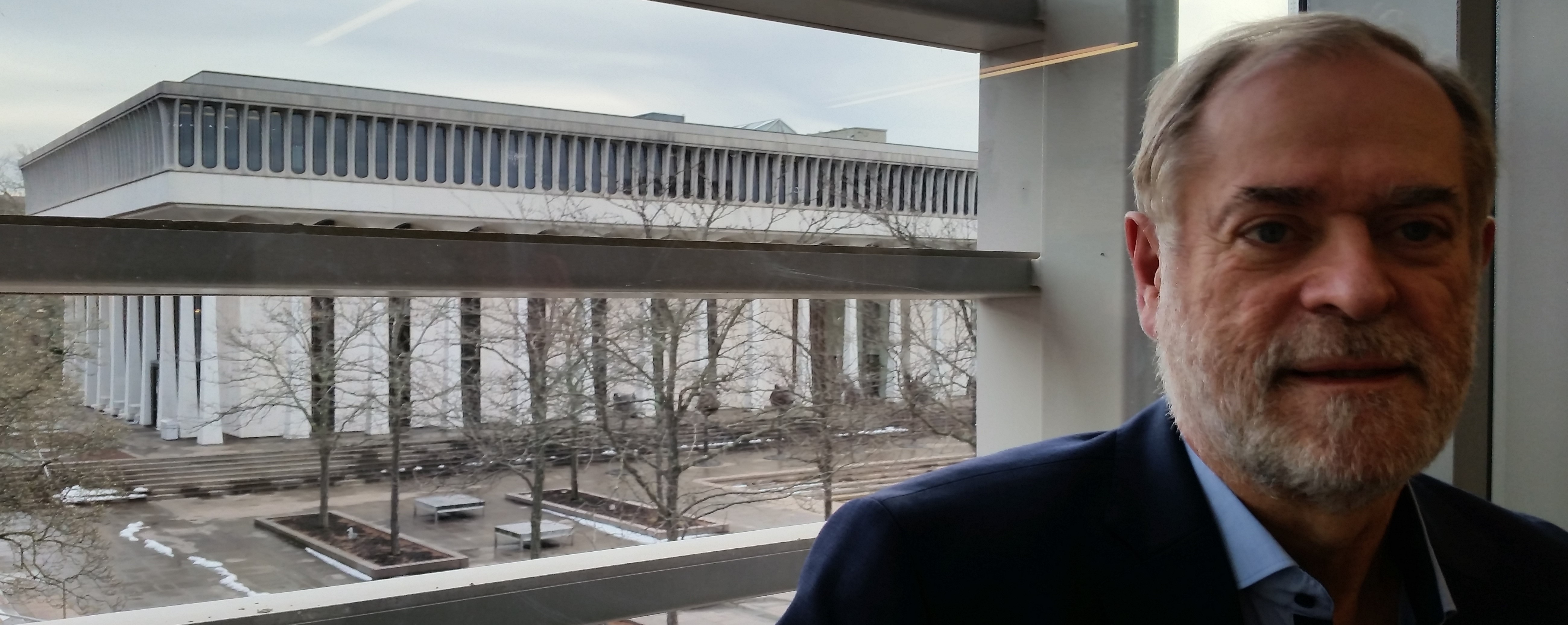The current G7 summit takes place in Sicily’s ancient hilltop resort of Taormina, Italy. The extraordinary view on the Mediterranean reminds the participants of this event about the importance of measures to find solutions to deal with the deadly flows of illegal migration from nearby Africa.
But tense discussions characterize this summit. The refugee issue had been pushed by the Italian host to revise current policies, but a veto by the US hindered any progress. Since a while, Italy had fostered internal debates to oblige refugees to work while asylum applications are processed.
The early integration of asylum seekers and migrants into educational systems and labor markets is a policy strategy that has been advocated for a while by Klaus F. Zimmermann. In his keynote to the 22. Eurasia Business and Economics Society (EBES) Conference, May 24-26, 2017 at Sapienza University of Rome, which he had delivered on May 24, he has summarized his views again. He spoke about:
“Migration for Development: From Challenges to Opportunities”
Klaus F. Zimmermann, Princeton University and UNU-MERIT, Maastricht University, is also the President of the Global Labor Organization (GLO). The background paper to the keynote has been made available as GLO Discussion Paper No. 70.
Migration in general has been largely positive for European economies – mobility within Europe and immigration from outside. But there are also benefits for the sending countries, which are often undervalued. Migrants may foster trade, remittances, innovations, investments back home, and even return home at some time with better human capital. Functioning diasporas can lead to stable factors of development. Policies in receiving developed countries towards migrants can enhance the positive impact of migration for development. Among those are measures to support the early integration of migrants into the educational systems and in the labor markets, including jobs for asylum seekers. Dual citizenship and circular migration contracts are possible instruments. Migration policy can be an effective development policy.
Hence, the early inclusion of refugees into the labor market as also suggested by the Italian government in the context of a new approach to migration policy by the G7 countries deserves support. In enables migrants to contribute to their living expenses, it reduces tensions against refugees among the native population and it is an investment into the economic future of refugees, since it increases the likelihood for a successful labor force participation both in the host or home countries.
As the World Bank has recently stated:
“Efficient allocation of labor provides one of the most critical paths for development. Many countries stay poor and suffer from inequality because their labor force is stuck in low-productivity locations, occupations, and sectors. Migration lowers unemployment and underemployment, and creates access to more-productive and higher-paying jobs.In short, migration is a powerful tool for development…. This idea needs to occupy a general role in the migration policy debate, especially for low- and middle-income sending countries.”
World Bank Group (2016), Migration and Development, Washington, DC, p. 16.
GLO President Zimmermann in front of Santa Maria Maggiore, Rome

Ends;

